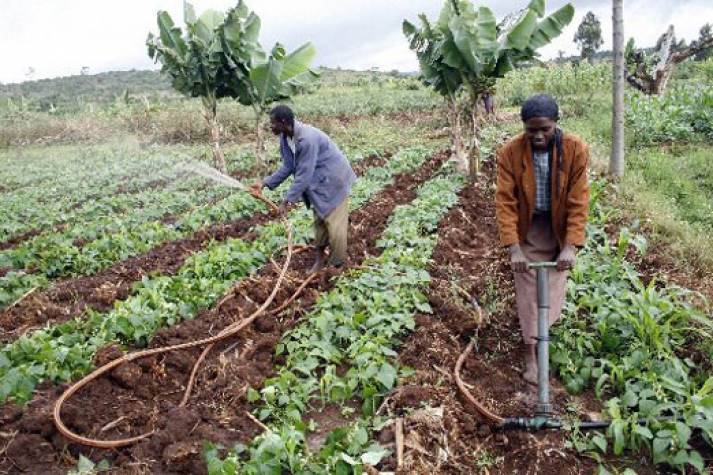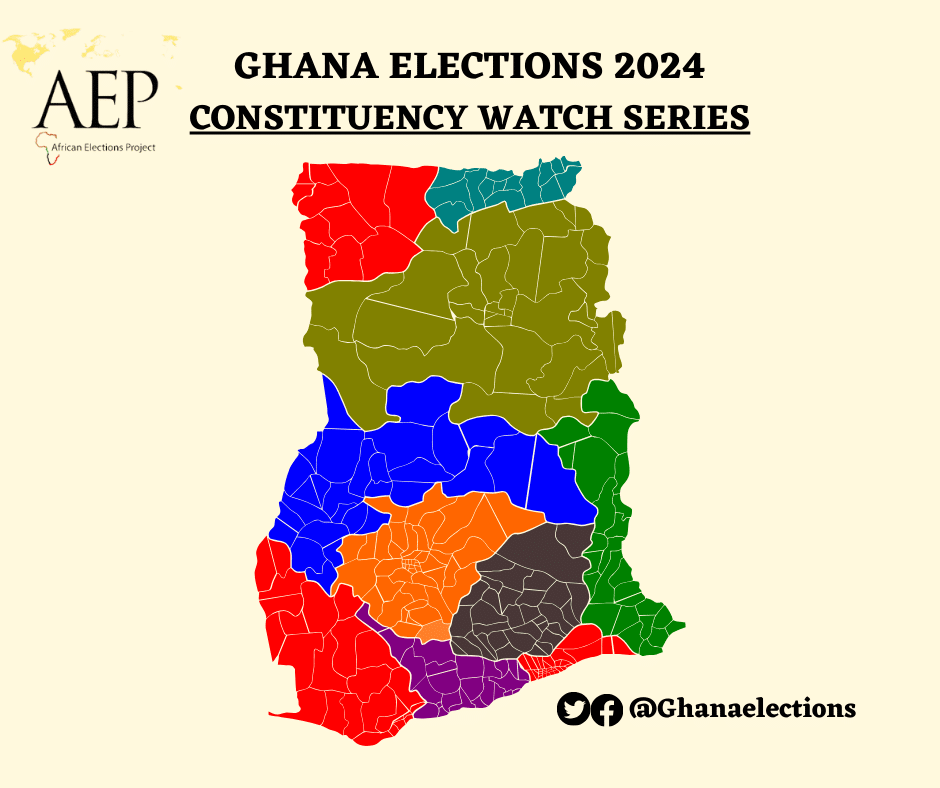Food production is key to any country’s development. From the most advanced to developing countries, agriculture is important because without this sector, their citizens can die of starvation. Human beings started food production since the dawn of creation literally using their bare hands. Over time, technology has come to play a very important role across the whole value chain of food production, starting from horse-drawn plough to current sophisticated use of new digital technologies.
New digital technology applications are now seen in every aspect of food production, from pre-production through production to post-production stages.
ICTs in action
ICT solutions are helping agriculture producers to become more effective and efficient in the whole agriculture value chain.
One area which has received a lot of hype is agriculture information provision using ICTs, especially mobile phones, where a farmer is able to determine the best market to send his or her products due to increased access to reliable timely market information. There is also the combination of mobile apps, radio, SMS and voice services which allow farmers to receive information virtually rather than to physically interact with extension officers. Also support services such as marketing of products, market access and payment system for agricultural products, information flow among stakeholders are all making a huge difference in the output of producers. Moreover, new digital technologies are providing options for farmers to access pension services, which are facilitated by electronic payment systems.
Also, technology, these days, is solving the problem of low ratio of farmers to extension officers through connecting the two parties remotely, as well as providing avenues for farmer-to-farmer extension.
In the pre-production process, technology is playing a key role in seed production. The big debate surrounding genetically modified organism (GMO) foods epitomises the high level of the use of technology in the production of seeds, which have high yields and disease and drought-resistant characteristics. Livestock production is also recording a lot of application of ICTs as seen in the delivery of validated livestock production and health knowledge and advice to producers, market information, early warning system, especially related to animal diseases and stimulating market-oriented livestock production techniques.
Stakeholders in agriculture, including small-scale holders, are now able to use farm management software to undertake budgeting, accounting, forecasting decision on what crops to plant, when to plant and what level of production to aim for.
Innovative solutions
Subsidies on fertilisers are plagued with a lot of challenges, including the situation where large-scale farmers buy more than their allocations, corruption, graft and general inefficiency. Evidence shows that ICTs can help resolve some of these problems. Nigeria is the first country in Africa to implement subsidised fertiliser distribution through the use of mobile phones as a platform to conduct this transaction and payment as well. Under this system, farmers first have to register with the Agriculture Ministry only after which they are able to receive their allocation of agriculture inputs such as seeds and fertiliser supplies through SMS alert. Once they receive this alert, they proceed to an agro dealer in the locality where the farmer gets a subsidy of 50 per cent and the farmer electronically pays the dealer the balance of 50 per cent through the mobile phone platform-enabled “e-wallet”. However, farmers without access can make use of a paper voucher. The most important innovation is, however, the completion of this transaction without money changing hands. This system has gone a long way to eliminate corrupt middlemen. In Ghana, farmers are now able to register with agriculture extension officers using a mobile app running on android phones. Personal details of the farmer and his holdings are collected with a picture of the farmer also taken. When fertilisers become available, this SMS is sent to farmers: “Dear Farmer (name is indicated here) your subsidy code is 083700x. Use this code for your subsidised fertiliser purchases.” The farmer, now armed with this message, goes to a designated agro dealer, pays cash for the fertilisers less the subsidy. In comparison to the Nigeria example, cash changes hands. Ghana should work towards a full electronic platform where cash exchange does not take place.
Precision agriculture
One growing exciting new area is precision agriculture. Defined as the use of satellite in farming or site-specific crop management (SSCM), precision agriculture can provide a tool for observing, measuring and responding to inter and intra-field variability in crops, ability to deliver exact nutrient and crop protection chemicals recommendation to improve crop quality. Also precision agriculture can be seen in the use of sensor systems, computational techniques, positioning systems and control systems to improve crop yields.
Due to dropping costs of hardware, software and other related equipment, ICTs can make a significant difference in productivity not only of large-scale commercial farmers but smallholder farmers as well.
In conclusion, agriculture production can benefit greatly from the use of new digital technologies. However, for this to happen, there is a need for policy and a clear-cut realistic implementation plan.
The writer is the Executive Director of www.penplusbytes.org Follow him on twitter at www.twitter.com/kwamigh WhatsApp: 0241995737.






